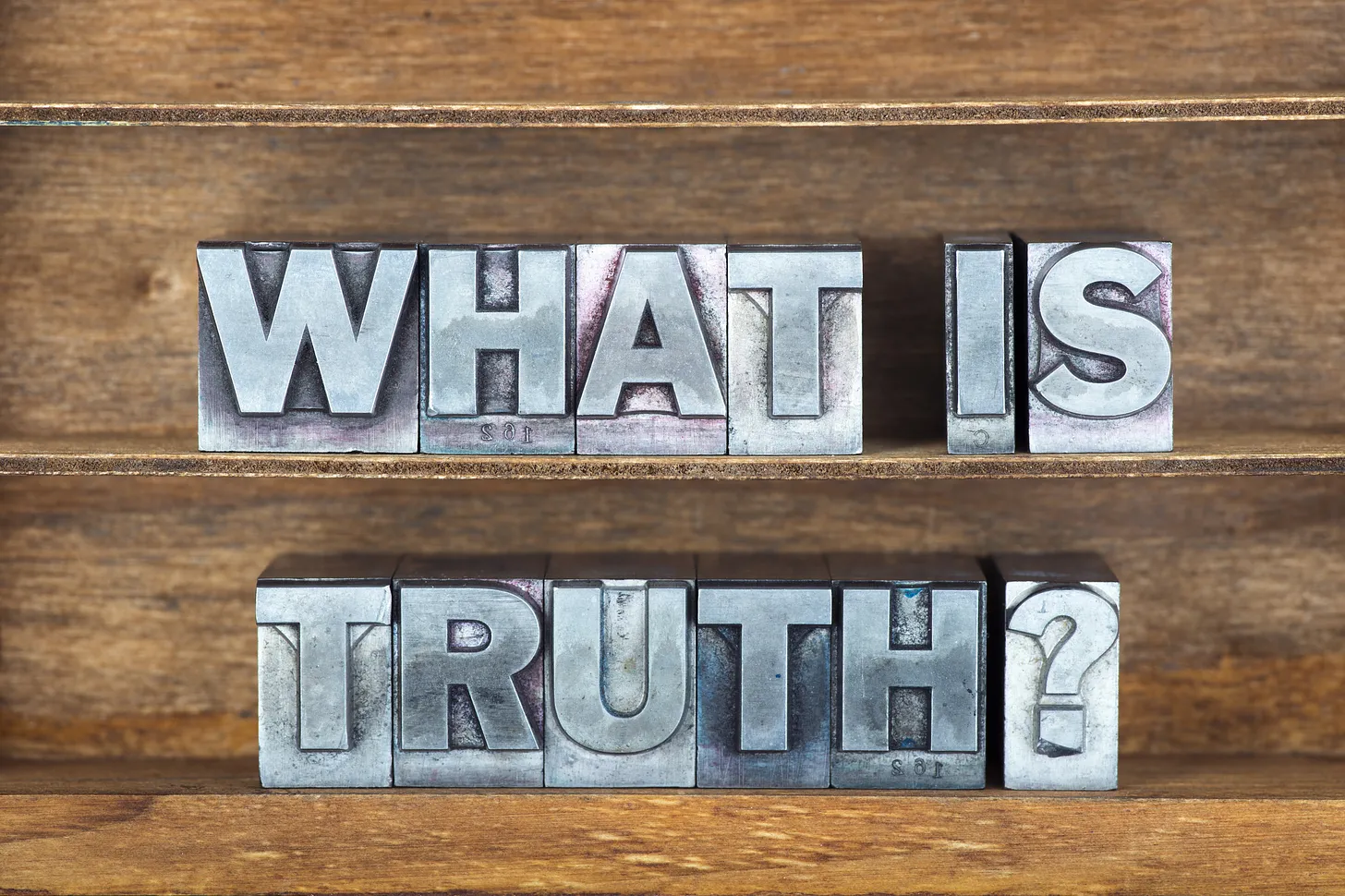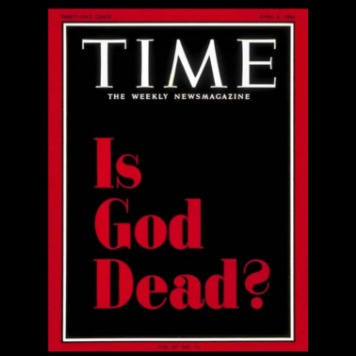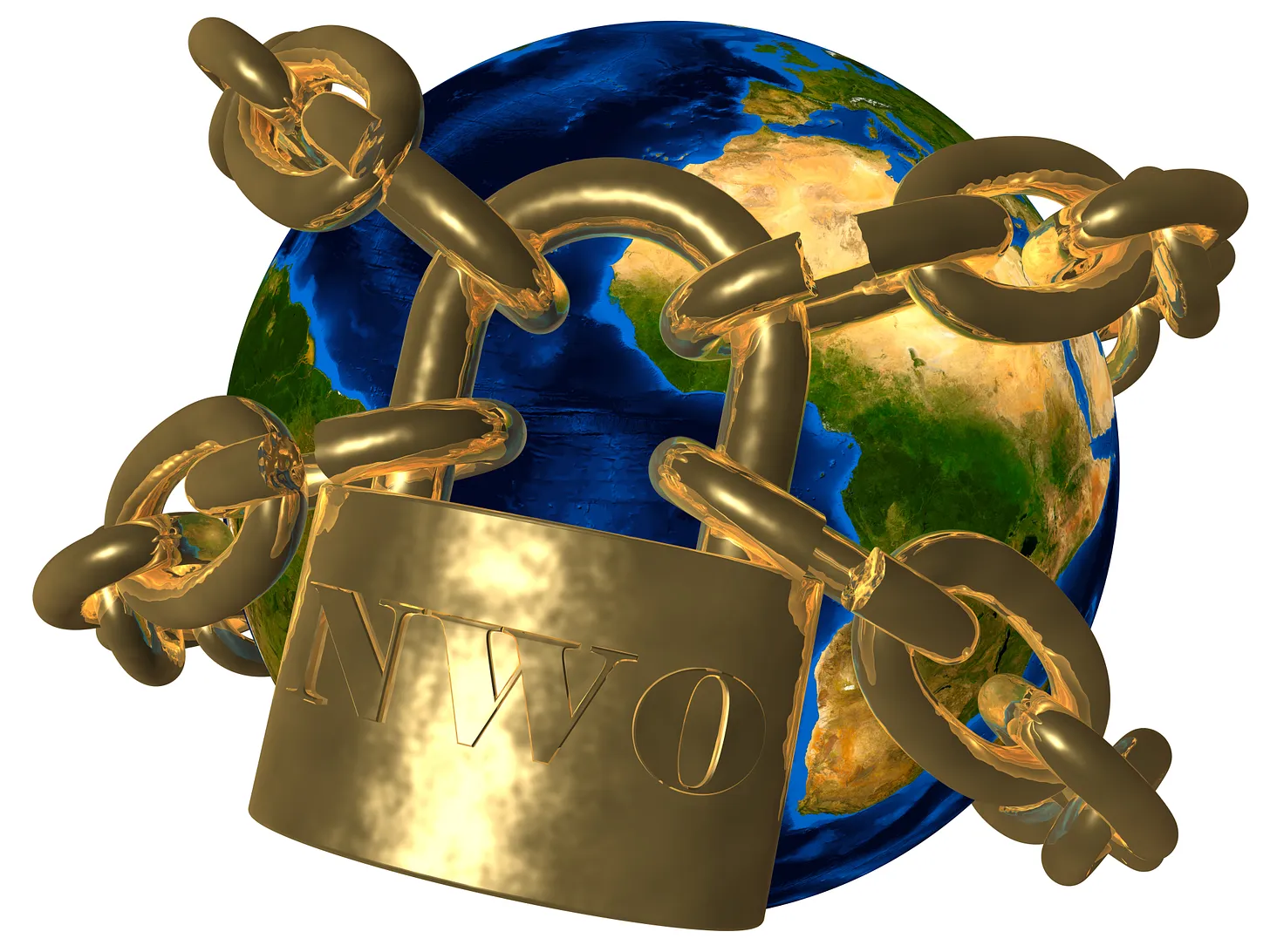Have you noticed how difficult it seems to distinguish truth from lies anymore. In our post-modern world, truth is purported to be relative and dependant upon a person’s views or cultural perspective. There is no such thing as “absolute truth,” and in fact, the truth is not objective nor is it knowable.
That seems diabolical enough, but we may have moved into what has been called a “post-truth” (or “after-truth) era, where truth is more an opinion that appeals to emotion or personal perception than cold hard facts.
What we are witnessing is what the RAND Corporation (a research and analysis firm in the U.S.) calls, “Truth Decay”:
“… an erosion of trust in and reliance on objective facts in political debate and civil discourse about public policy. This erosion has occurred alongside a sharp rise in political partisanship and polarization and alongside the emergence of 24-hour news cycles and social media platforms. At their best, these latter channels provide nearly constant updates on breaking news and developing stories; at their worst, they create a repetitive blizzard of falsities and opinions. A seeming explosion of misinformation and disinformation also proliferates through conventional and social media channels…”
The research gives four trends that contribute to Truth Decay:
1. Increasing disagreement about the facts and analytic interpretations of facts and data;
2. A blurring line between what is opinion and what is fact;
3. Increasing relative volume and resulting influence of opinion and personal experience over fact;
4. Declining trust in formerly respected sources of fact.
Notice that RAND is careful not to use the word “truth” in these four trends, because they state early in their report that:
“It is worth noting that although we are calling the phenomenon ‘Truth Decay,’ we are not talking about ‘truth’ in the philosophical sense and therefore do not offer a specific definition of “truth.” There are long-standing debates over the nature of truth, whether there is an absolute truth, and whether the truth is knowable at all…”]
So millions of dollars are spent to research the topic of, Truth Decay – An Initial Exploration of the Diminishing Role of Facts and Analysis in American Life, and there can be no specific definition of “truth” because of the long-standing debates about post-modern relativism.
Can you and I define “truth”? Do we seek the truth in every aspect of life? Do we respect the truth about any matter? Do we apply the truth? Are we honest to all and to our own selves in everything?
Within the fields of psychology and philosophy, there is widely accepted to be two main theories of what truth is: Pluralism and Positivism.
“Truth” that is based on Pluralism is expressed as so: “all truth claims are equally valid.” To my mind this view seems to confuse the idea of everyone being equal with each one’s idea of truth being equally valid. The great flaw with “Pluralism” is that there is no understanding of the difference between opinion and truth.
The father of post-modernism, Frederick Nietzsche made this statement:
“What then is truth? A mobile army of metaphors [comparisons, analogies], metonyms [relationships with things we recognize] and anthropomorphism [representations]…truths are illusions…coins which have lost their picture and now only matter as metal, no longer as coins…”
A recent workplace that I supervised (not of my creating) is an example of simultaneously co-existent pluralistic “truths.”
- There was a Muslim Accountant who prayed five times per day and visited a nearby mosque at least once per day. He was eager to share his faith and beliefs whether others wanted to hear them or not.
- He sat beside our Senior Manager, who is Serbian and served in their Armed Forces before coming to Canada. Serbians had intense conflict with Muslims in war almost three decades ago. He is also Eastern Orthodox in faith.
- Our Administrator was transgender and felt it their duty to let everyone know how liberated they were with transition and freely educated fellow employees in how to behave toward them.
- The Accounting Clerk was a Sri Lankan Tamil who minded her own business and tried to be cooperative. Her religious values are Hindu-based and she got lost in the desires and demands of the other staff.
- The Jewish man that owned the Company was there because his parents survived the concentration camps in Nazi Europe – he attended synagogue on holy days, but then went to work the same day; he worked on Sabbaths and ate whatever food he desired.
- The Auditor and his son (who was a Junior Manager at the Company) were Catholics. The father has a particularly difficult time dealing with such a diverse staff in the context of his beliefs.
Needless to say, all of these “truths” converging on the workplace made each day quite interesting: sometimes I felt compelled to restore some truth among them, but it was better to stick with basic mantras with the many conflicts that arose. In all of the differences I could only expound in generalities like, “We are not concerned with who is right, but what is right.”
Then there is “truth” that has been labelled Positivism. It promulgates this: “Absolute truth exists, but is found only in science and not in matters of faith and religion.”
Here is what a revered Mathematician and Theoretical Physicist wrote in his last book before his death:
“I think the universe was spontaneously created out of nothing, according to the laws of science [my comment: as a mathematician, he should’ve understood the odds of that]. If you accept, as I do, that the laws of nature are fixed, then it does not take long to ask, ‘What role is there for God?’ Did God create the quantum laws that allowed the Big Bang to occur? I have no desire to offend anyone of faith, but I think science has a more compelling explanation than a divine creator…
“We have finally found something that does not have a cause, because there was no time for a cause to exist in. For me, this means that there is no possibility of a creator, because there is no time for a creator to have existed in” [this from a theoretical physicist – emphasis on “theoretical”].
Because I don’t see a shred of truth in this, the world would see me as unintelligent, uneducated and close-minded. But an entire universe from a “big bang,” with elements combining with formations governed by an order from self-evolving laws and principles over billions of years to form a perfect living environment for human beings that evolved to design, create, and build their surroundings: now that is an incredible leap of faith!
This mindset is captivating and alluring to many: please think about it:
If human beings want to live life the way they want and wish to decide what is good and evil, right and wrong, true and false, they have to get rid of any originator or authority that might govern the universe and their lives – including God who has the final say in everything through a judgment.
To NOT retain God in our knowledge allows for a debased mind with all unrighteousness, sexual immorality, wickedness, covetousness, maliciousness, which justifies envy, murder, strife, deceit, back-stabbing, violence, pride, boasting, disobedience to parents and omits the need for forgiveness, mercy and love…all things we read about in Romans 1:28-31 of the Bible (which has offended certain communities in Western nations as a violation of their “truths”).
Removal of God from the picture – well, that is an appealing game-changer for human nature. Then look at what we will accept as the truth:
- What the end is justifies the means to get there (all is well that ends well – it doesn’t matter how we got there).
- What seems understandable to us is our truth (we embrace what we relate to from our culture and through our experience).
- What makes us feel good about ourselves cannot be bad (if it makes you happy, it can’t be that bad).
- What the majority decides must be right (safety in numbers and peer pressure).
- What seems most complex and comprehensive has to true (if it sounds complicated, it must be accurate).
- What was intended is what matters and therefore right (the road to hell may be paved with good intentions, but it was well-meaning).
- What we know is more important than “how” we know (views on life, politics, religion through higher education, the internet, etc.).
- What is publically “proved” or accepted by the masses must be right (if believed to be fact by peers or those important to us).
In the world today, there are a lot of ideas, philosophies and beliefs that can seem true and are purported to be truth, but are not. Jesus Christ said that God’s Word is truth and that truth will set us free.



